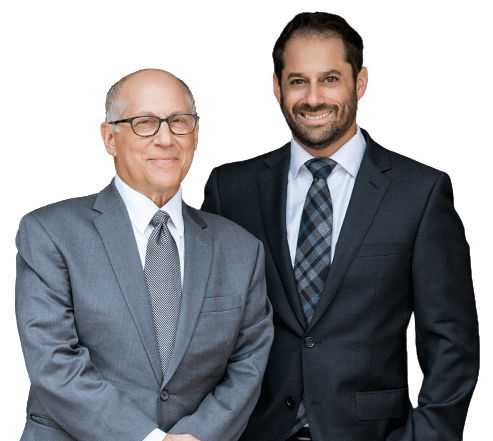
Millions of social security disability applications are sent in each year. Do you know that only about 30% of those applications are approved upon the initial request? Why are so many people denied social security disability on their first attempt? Let’s take a look at 5of the most common reasons for denial.
A Lack of Medical Evidence
In order to be approved for social security disability, you must be able to provide solid medical evidence that an injury or condition interferes with your ability to work. This means that thorough and complete medical records must be provided in order to be approved.Keep in mind that just seeing a doctor usually doesn’t suffice as enough medical evidence. During your doctor’s visit, it’s important to discuss how your injury or condition is affecting your ability to work, and the conversation with your doctor must be documented. If possible, include any doctor’s notes and/or doctor’s requests saying that you can’t work due to your injury/condition. Be sure to keep an accurate log of the dates and times you missed because of your injury. These visits and conversations are most beneficial coming from your primary care physician as well as any referral appointments to see a specialist.
Your Current Income
Unlike supplemental security income (SSI), there are limits on how much income you can make in order to be approved for disability. If you earn more than this income threshold, the social security administration will likely conclude that you have the ability to work and your application to be denied. The reason the SSA rules this way is because social security disability income is meant for those who can no longer make any income and support themselves or their family due to their injury or condition.
Failure to Follow Prescribed Treatment
Seeing a doctor, but failing to follow their instructions on how to improve your injury/condition, will likely lead to your claim being denied. Although there can be exceptions to why the prescribed treatment was not followed, it’s rare that they are approved by the social security administration. The SSA makes it clear how important it is that applicants try to get better so they are able to re-enter the workforce, even if the prescribed treatment doesn’t result in any improvements.
Not Cooperating with the Social Security Administration
In order to be approved for disability, it’s vital that you work and cooperate with the SSA representatives. Be timely when completing their requests (such as providing medical records or other documents), and be sure you don’t miss consultative exams that they request. Communication is also important in the application process, so don’t avoid their phone calls, and if you happen to miss one, be sure to return it as soon as possible.
Medical Condition is Not Severe Enough
The SSA will deny your application if your medical condition is not severe enough to justify receiving disability income. Usually, if your injury or condition will keep you from working for less than a year, the SSA will probably conclude that it is not severe enough for disability income and deny the claim. Your medical condition also needs to be severe enough to prevent you from performing all work. If it only prevents you from certain jobs or tasks, you could be denied.
The moral of the story is that as long as your condition is severe enough to keep you from working for an extended period of time, being approved for social security disability income isn’t necessarily difficult, as long as you have sufficient medical evidence. One way to improve the probability of being approved is by working with an experienced social security attorney. Here at Bentoff & Duber, we have years of experience working with many people in a variety of situations. Our goal is to give our clients the best chance at receiving the disability income they need while they’re unable to work. Contact our firm today for details.
About the author: Brandon Duber, a Partner with Bentoff & Duber Co., LPA, is a lawyer with proven experience in the courtroom and expertise in the areas of workers’ compensation, criminal defense, personal injury and medical malpractice law. He received his B.A. from Skidmore College in Saratoga Springs, NY and his J.D. from The Case Western Reserve University School of Law in Cleveland, OH.

